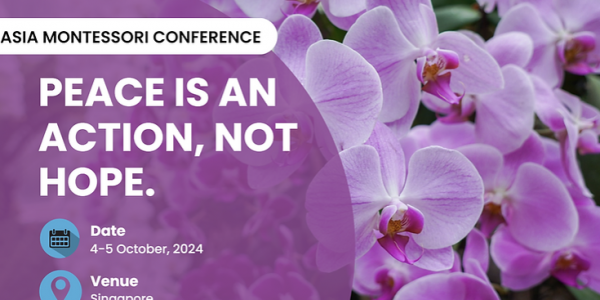How Will Changing Caregivers Frequently Affect My Child?
“Miss Annabelle, will changing caregivers frequently affect my young child psychologically? How can I tell?”
Recently, a distraught parent came to me with this question. Due to problems with her domestic helpers – who also double as the primary caregiver to her toddler – she had been forced to repeatedly dismiss one after another, resulting in a conveyor belt of different people taking care of her child.
Unfortunately for her – and for whomever might be doing the same thing – this practice does come at a price. Being cared for by different people constantly removes the element of stability in a young child’s environment, and often causes him to develop anxiety and insecurity as he is unable to build a stable, consistent and trusting relationship with his primary caregiver.
Research has shown that children who grow up without developing a secure attachment to their primary caregiver are more likely to develop undesirable attachment patterns in their future relationships.
What to look out for
If you’re worried that your child may not be developing the right attachment style, here are some symptoms to look out for.
- When it is time for you to leave for work, does your child wail and cling on to you? That’s more or less normal separation anxiety. What’s less normal, though, is if he rejects you when you try to sooth or calm him.
- Does your child appear to be suckling his thumb more, or rocking excessively? These are symptoms that he is trying to comfort himself – which means he’s not being comforted by his caregivers.
- If your child seems to lose interest in playing and look gloomy for extended periods of time, take notice and dig deeper.
Solution
Time is key when it comes to developing good relationships with a young child, so have patience when you want your baby to form an attachment with another caregiver. If a new face in your baby’s life is absolutely necessary, take the time and effort to ensure that the transition goes smoothly.
It is recommended that you introduce your new caregiver to your child about 2 weeks before the old one fully retires. In this transitional period both caregivers should be present, with the new one taking on more and more responsibility as time passes. Keeping the child’s eating, sleeping and bathing routine the same would also help maintain some structure and consistency in his life even with the change in caregiver.
Conclusion
For children to develop healthy social and emotional skills, they must first have a warm, trusting relationship with their adult caregivers in early life. This stability and trust in another person translates to emotional security as well as trust in the environment, which would serve as a strong foundation for their future relationships.






Give your Opinions